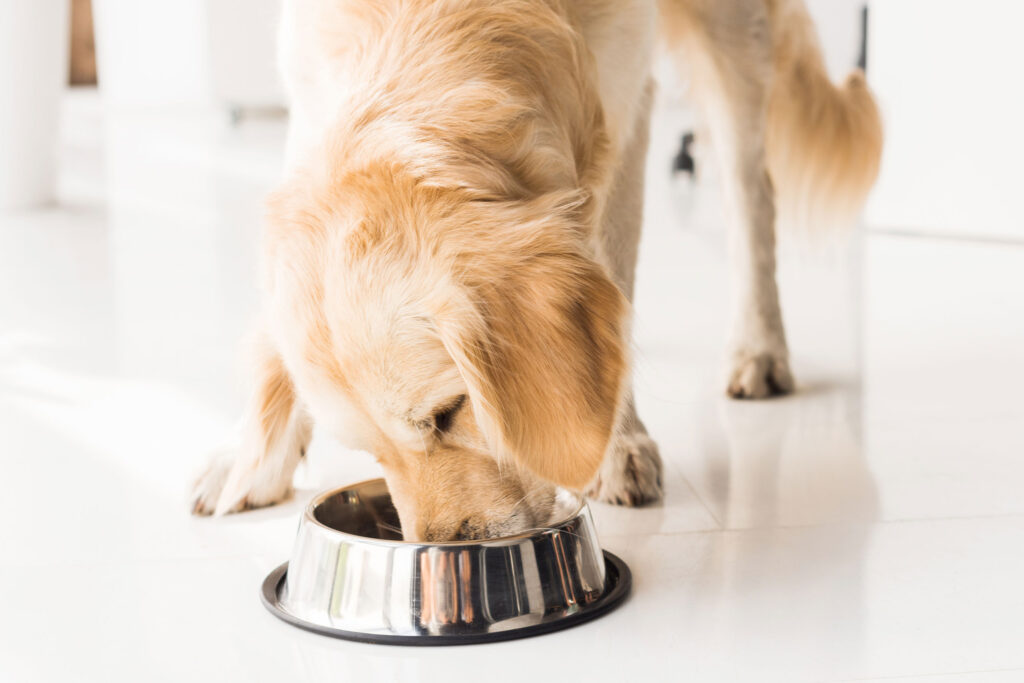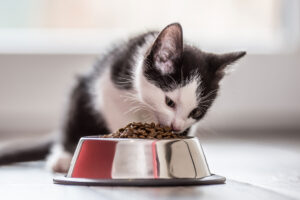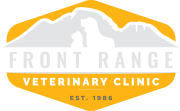Have you considered feeding your pet a grain-free diet or currently are? Grain-free diets have become increasingly popular in the pet food market, with many pet owners believing they are a more natural alternative that can prevent health problems and allergies. However, it’s important to understand that the claims surrounding grain-free diets may not be supported by reliable evidence.
The truth is, there is no scientific evidence suggesting that feeding grains to dogs or cats as a group is harmful. In fact, whole grains can be valuable sources of essential nutrients such as vitamins, minerals, essential fatty acids, and fiber. Some grain products can even offer protein that is easier for your pet to digest compared to certain meat proteins. Even refined grains like white rice can be beneficial for certain pets and their specific dietary needs. In fact, the vast majority of dogs (and cats!) are very efficient (>90%) at digesting and utilizing nutrients from grains in amounts typically found in their food.
It’s worth mentioning that allergies to grains are quite rare among pets. If any allergies do occur, they are more likely to be related to animal proteins such as chicken, beef, or dairy. This is because these ingredients have traditionally been common in commercial diets, rather than grains being the cause of increased allergies. Gluten intolerance, specifically, is exceptionally rare in pets, with confirmed cases only seen in one inbred family of Irish Setters.
When considering grain-free diets, it is crucial to understand that not all of these diets are created equal in terms of their nutritional profiles. Some grain-free diets may have lower levels of carbohydrates, which can result in higher amounts of fat and calories. Other grain-free diets simply replace grains with highly refined starches like potatoes or tapioca, which may provide fewer nutrients and less fiber compared to whole grains, while often being more expensive. Alternatively, some companies may use ingredients like peas, beans, or lentils as carbohydrate sources instead of grains, but these substitutions may not necessarily be better for your pet’s health and can even cause digestive issues or long-term heart conditions in some pets.
In conclusion, it’s important to recognize that the concept of “grain-free” is primarily a marketing strategy designed to sell pet food, rather than a guaranteed solution for your pet’s long and healthy life. It’s essential to critically evaluate the claims made by grain-free diets and consult with your veterinarian to determine the best dietary approach for your pet.





